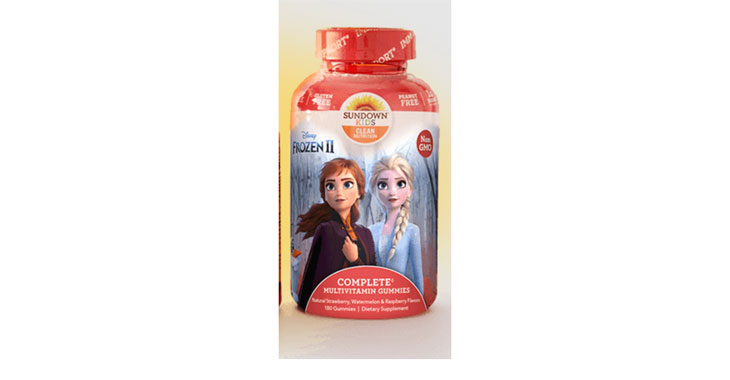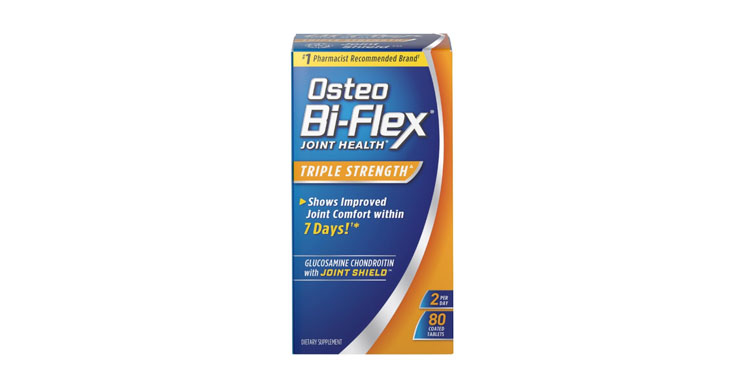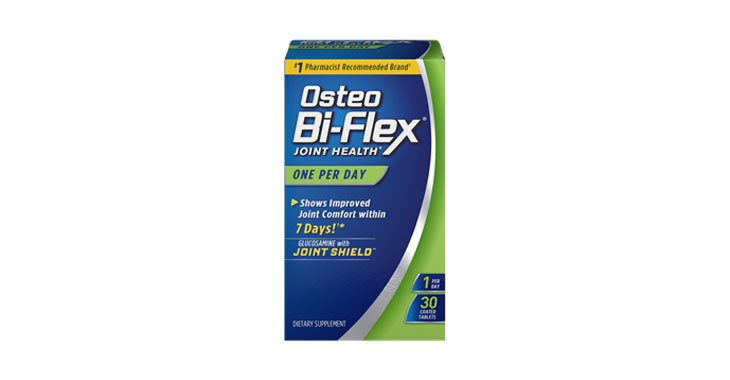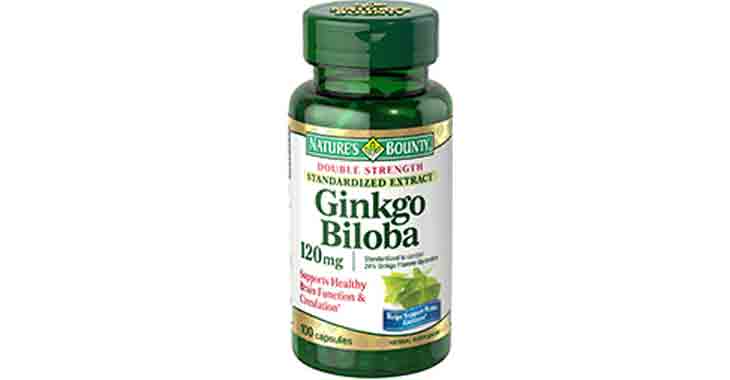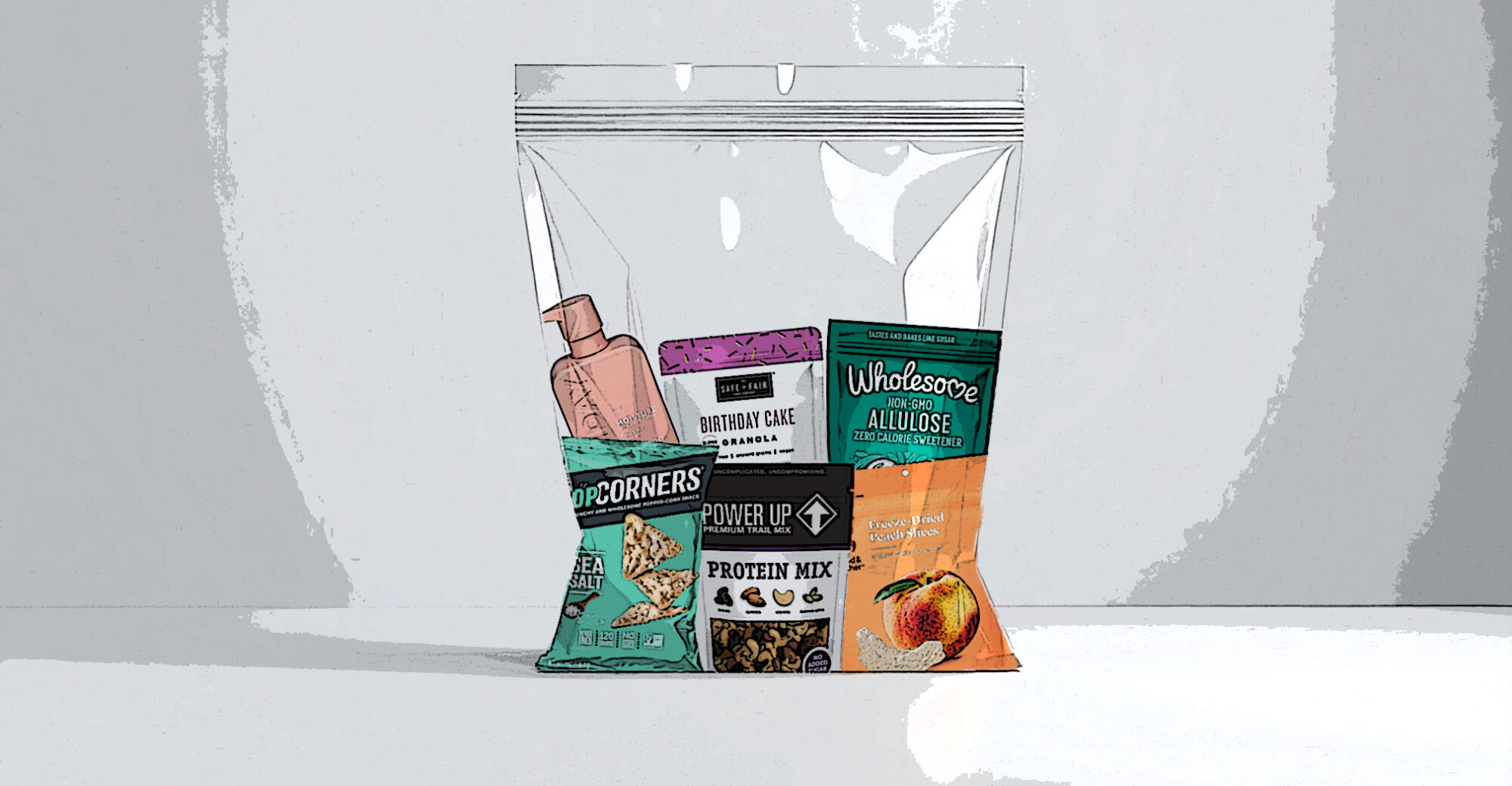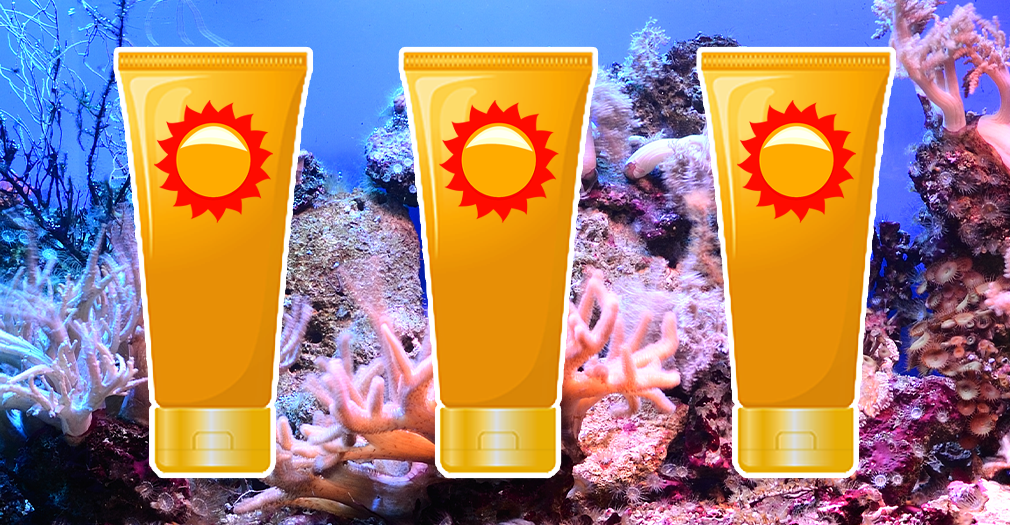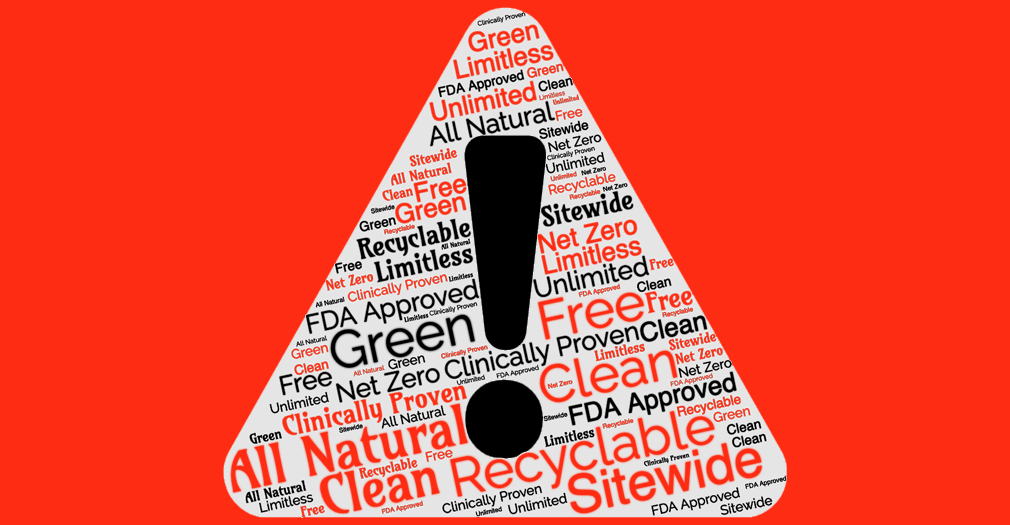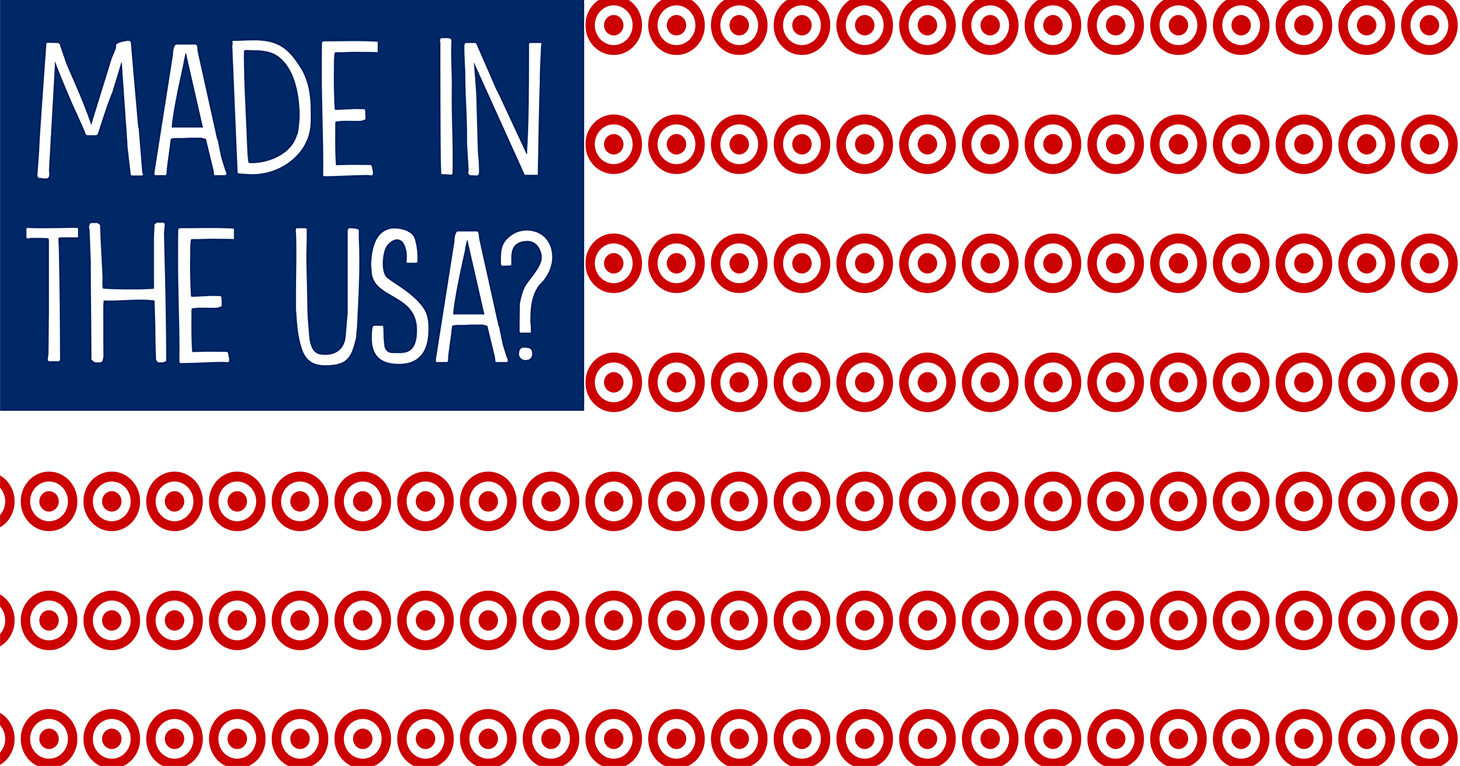
Target
TINA.org investigated Target’s website – www.target.com – and found that false and deceptive Made in the USA labeling issues were widespread on its site, including product specifications that falsely stated…
November 2016: The appeals were voluntarily dismissed, the reasons for which have not been disclosed. Click on the links below to see each motion for dismissal and order dismissing case.
October 2016: Another objector filed a Notice of Appeal regarding the approval of the settlement. Click on the link below to see the Notice of Appeal.
September 2016: Three Notices of Appeal regarding the approval of the settlement were filed. Two of the appeals were filed by objectors and one was filed by a plaintiff. Click on the links below to see the Notices of Appeal.
August 2016: A federal judge granted final approval of the new settlement.
January 2016: A federal judge preliminarily approved the new settlement.
May 2015: The plaintiffs moved for preliminary approval of a new settlement. According to its terms, all class members (even those without proof of purchase) may receive an $8 refund for each bottle they purchased (for a maximum of 13 bottles per household, which is a maximum recovery of $104 per household). In addition, the company agreed to permanently remove any statements conveying the message that its products will fix, repair, rebuild, renew, or rejuvenate cartilage.
November 2014: A federal appellate court reversed the district court’s approval of the settlement agreement and sent the case back for further proceedings. The appellate court stated that “the settlement, a selfish deal between class counsel and the defendant, disserve[d] the class.” Among other things, the court found that the companies could still make deceptive claims because the changes to the labels were “purely cosmetic changes in wording” and some deceptive claims on the labels were not changed at all. In addition, the court found that the company could “restore” the deceptive claims at issue in this lawsuit because they only agreed to make changes to the labels for a period of 30 months.(Pearson v. NBTY, Inc., Case No. 14-1198, 7th Cir.)
January 2014: A federal judge granted final approval of a settlement of a class-action lawsuit filed against companies that allegedly deceptively market glucosamine supplements as able to improve joint health. According to the settlement terms, consumers will get a $5 refund for each bottle they purchased (with a maximum recovery of $50) with proof of purchase. The companies also agreed to remove a few phrases (e.g., “Renew[s] cartilage,” “Repair[s] cartilage,” and Rebuild[s] cartilage”) from the labels for a limited time, as well as add the language “individual results may vary.” The settlement also awarded the plaintiffs’ attorneys approximately $2 million. For more information, go to www.glucosaminesettlement.com. (Pearson, et al. v. NBTY, Inc., et al., Case No. 11-cv-07972, N. D. Ill.)
For more information about other class-action lawsuits regarding glucosamine supplements and TINA.org’s coverage of them, click here.
TINA.org investigated Target’s website – www.target.com – and found that false and deceptive Made in the USA labeling issues were widespread on its site, including product specifications that falsely stated…
Allegations: Falsely marketing multivitamins as “complete” when they are missing certain B vitamins
Lawsuits aren’t giving any slack when it comes to underfilled packages.
TINA.org offers some tips on how to avoid a shopping mishap this season.
Lawsuits accuse retailers of misleading consumers on the purity of their avocado oil.
Lawsuits allege products contain ingredients harmful to coral reefs and marine life.
These definitions are a joke.
